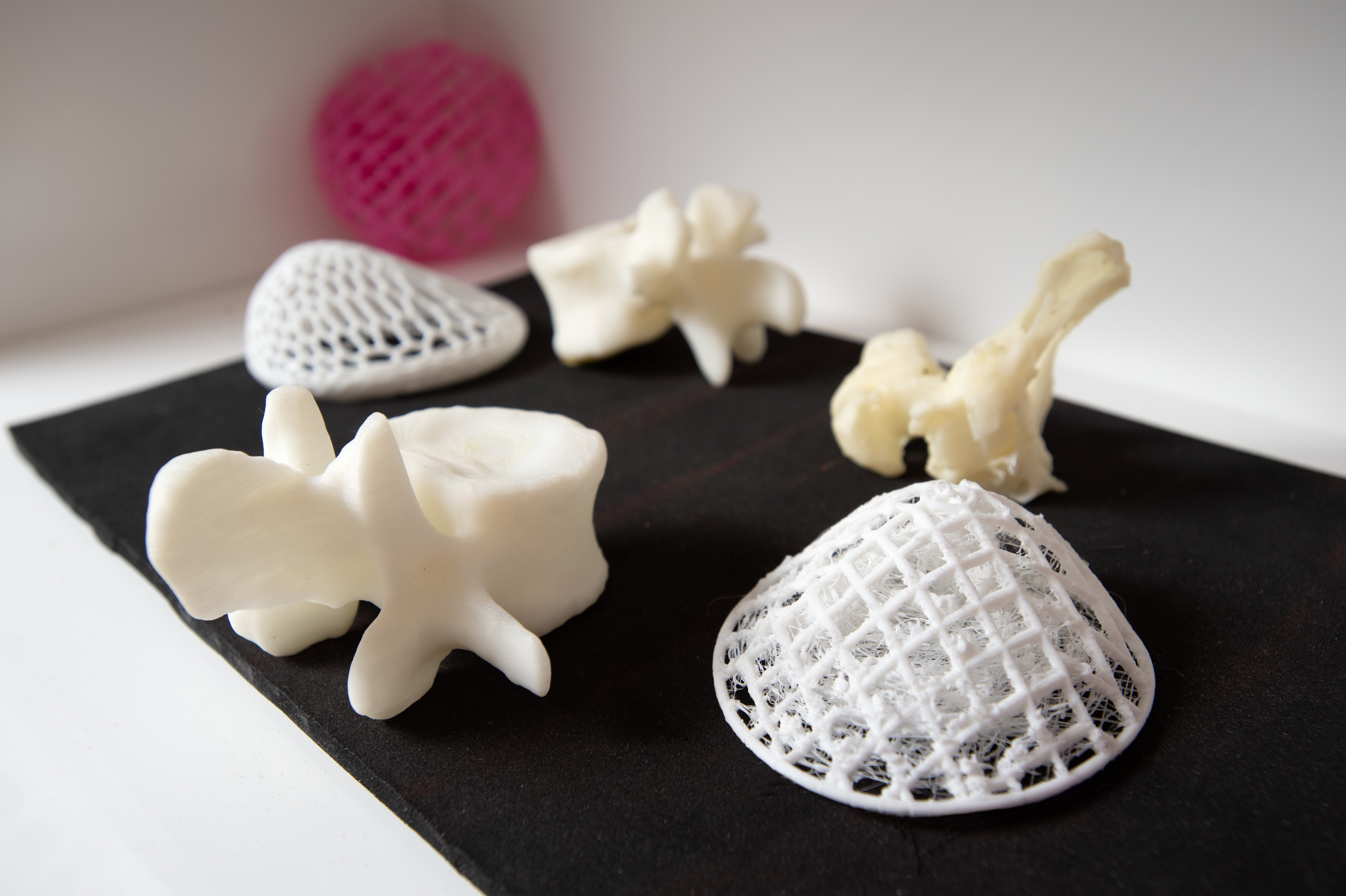First published 25 September 2019
The Joint Research Centre for the Development of Functional Biomaterials in Advanced Manufacturing of Human Tissues and Organs will boost collaboration between leading scientists and industries in Queensland and Shanghai in tissue and human organ engineering.
Deputy Premier Jackie Trad said the new centre was developed to address the common challenges faced by both countries’ ageing populations.
“Queensland’s older population is expected to grow by 68 per cent over the next 10 years and about a third of China’s population will be over 60 by 2050,” Deputy Premier Trad said.
“With increasing numbers of older people needing care our health systems will be put under enormous pressure.
“By accelerating research in this important field, we can improve the quality of life for all of us as we get older, reducing the burden off our health care systems.
“The centre will focus on living tissue replacements to restore the functions of damaged tissues and organs in the treatment of bone and joint disorders, including osteoporosis, osteoarthritis, fractures and soft tissue trauma, including wounds.
“The market for the printing of biomaterials to either repair damaged tissues and organs or even replace them is expected grow substantially over the next few years.”

A biomaterial is a biological or synthetic substance which can be introduced into body tissue as part of an implanted medical device or used to replace an organ. The world market for biomaterials is expected to almost double by 2024 to US$207 billion.
QUT Vice-Chancellor and President Professor Margaret Sheil AO said the establishment of the joint research centre was largely the result of six years of successful research collaboration between QUT and Shanghai researchers, including researchers from East China University of Science and Technology (ECUST), Shanghai Institute of Ceramics–Chinese Academy of Sciences (SIC-CAS), plus researchers from The University of Queensland.
“Research progress has reached the stage where we are poised to up the ante with the aim of developing and manufacturing the next generation of biomaterials for bone and cartilage repair, skin regeneration and joint reconstruction,” Professor Sheil said.
“The Queensland and Chinese researchers are looking to develop a ‘bioink’ that they can use to engineer scaffolds that can replicate the characteristics of tissues and even organs.
“This is brilliant science, holding up hope for millions of people suffering from arthritic pain and age-related injuries. In addition, there is also the economic benefit with growing demand globally for biomaterials.”
Deputy Premier Jackie Trad is in China on a three-day trade mission which includes the 30th anniversary celebrations of the Queensland-Shanghai Sister State relationship.
QUT media contact:
media@qut.edu.au

